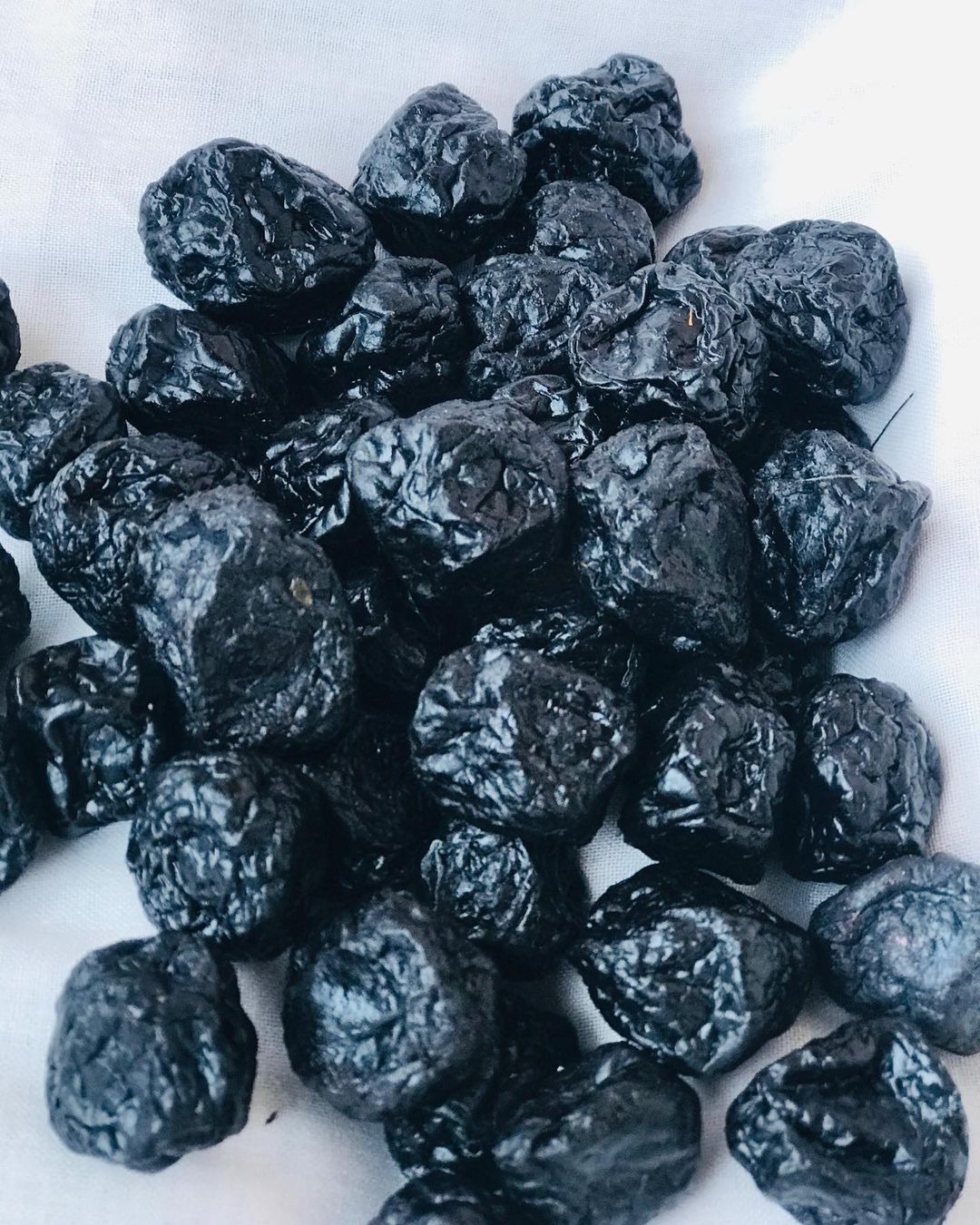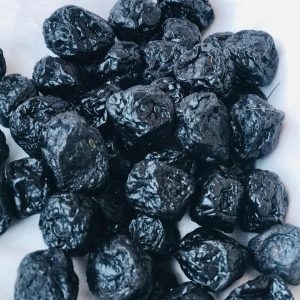
Blueberries.
₹385.00 – ₹1,138.00Price range: ₹385.00 through ₹1,138.00 N/A
Blueberries
1) What are Blueberries
Blueberries are small, round, blue-to-purple fruits that belong to the Vaccinium genus. They are known for their sweet taste and are rich in antioxidants, vitamins, and minerals. Commonly found in North America and Europe, blueberries are often consumed fresh, dried, or used in a variety of recipes.
2) How to Select Blueberries:
Look for plump, firm, and evenly colored berries with a dusty blue hue, which is their natural bloom.
Avoid soft, shriveled, or bruised berries as these may indicate overripeness.
If purchasing pre-packaged, check for mold or moisture in the container, which could suggest spoilage.
3) Benefits of Blueberries:
Rich in antioxidants, particularly flavonoids, which help reduce oxidative stress.
Packed with vitamins C and K, and dietary fiber, supporting immunity and digestion.
Promote heart health by reducing blood pressure and bad cholesterol levels.
Support brain health and may slow cognitive decline with aging.
4) Packaging Sizes Available:
Fresh blueberries are typically sold in small clamshell packages (500g to 1kg).
Dried blueberries are available in 500g to 1kg packages.
5) Uses of Blueberries:
Eaten fresh as a snack or added to fruit salads.
Used in baking (muffins, pies, pancakes).
Incorporated into smoothies, oatmeal, or yogurt for breakfast.
As a topping for desserts or as part of sauces.
6) Health Benefits Based on Age Groups:
Men: Helps maintain heart health, supports prostate health, and provides antioxidants to combat stress.
Women: Promotes skin health, supports healthy aging, and may reduce the risk of osteoporosis through vitamin K.
Kids: Boosts brain development, supports digestion, and provides a natural, healthy source of sugar.
Elderly: May help with memory retention, cognitive function, and heart health.
7) Taste of Blueberries:
Blueberries have a sweet, slightly tart flavor. The taste can vary based on the variety and ripeness—riper berries are sweeter, while underripe ones may have more tartness.
8) How to Consume Blueberries:
Fresh: Rinse before eating.
Frozen: Thaw them slightly or use them directly in smoothies or baking.
Dried: Add to cereals, trail mixes, or baking.
Blueberry Powder: Mix with water, smoothies, or use as a flavoring in baking.
9) How to Store Blueberries:
Fresh: Store in the fridge in their original container or a breathable container for up to a week. Do not wash them until you are ready to eat them to avoid moisture damage.
Frozen: Keep in an airtight container or freezer bag, and they will last for up to six months.
Dried: Store in an airtight container in a cool, dry place for several months.
10) Product Life:
Fresh Blueberries: Typically last 5 to 10 days when stored properly in the refrigerator.
Frozen Blueberries: Can last up to 6 months in the freezer.
Dried Blueberries: Can last up to 12 months in a cool, dry place.
Harvesting Time:
Blueberries are typically harvested from late spring to summer, depending on the region.
After harvesting, they are cooled to maintain freshness and either sold fresh or processed into frozen or dried products.
Post-Harvest Handling:
Sorting & Packaging: Blueberries are sorted to remove any damaged or unripe fruits before being packaged for sale.
Storage & Shipping: Fresh berries are kept cool to maintain freshness, while others may be frozen immediately after harvesting for preservation.
Final Processing:
For Fresh Sales: Fresh blueberries are quickly sent to markets.
For Frozen or Dried: The berries undergo freezing or drying processes to extend shelf life.
| packaging | 1000 GRM, 250 G, 500 G |
|---|
Related products
- 1000 GRMFrom: ₹910.00
- 250 GFrom: ₹328.00
- 500 GFrom: ₹465.00
Cranberries
- 1000 GRMFrom: ₹796.00
- 250 GFrom: ₹282.00
- 500 GFrom: ₹431.00
Blackberries
Rose Berries
- 1000 GRMFrom: ₹1,024.00
- 500 GFrom: ₹522.00
Dates
- 250 GFrom: ₹317.00
- 500 GFrom: ₹499.00
Dried Cherry
₹282.00 – ₹796.00Price range: ₹282.00 through ₹796.00 N/A


₹317.00 – ₹499.00Price range: ₹317.00 through ₹499.00 N/A












Reviews
There are no reviews yet.